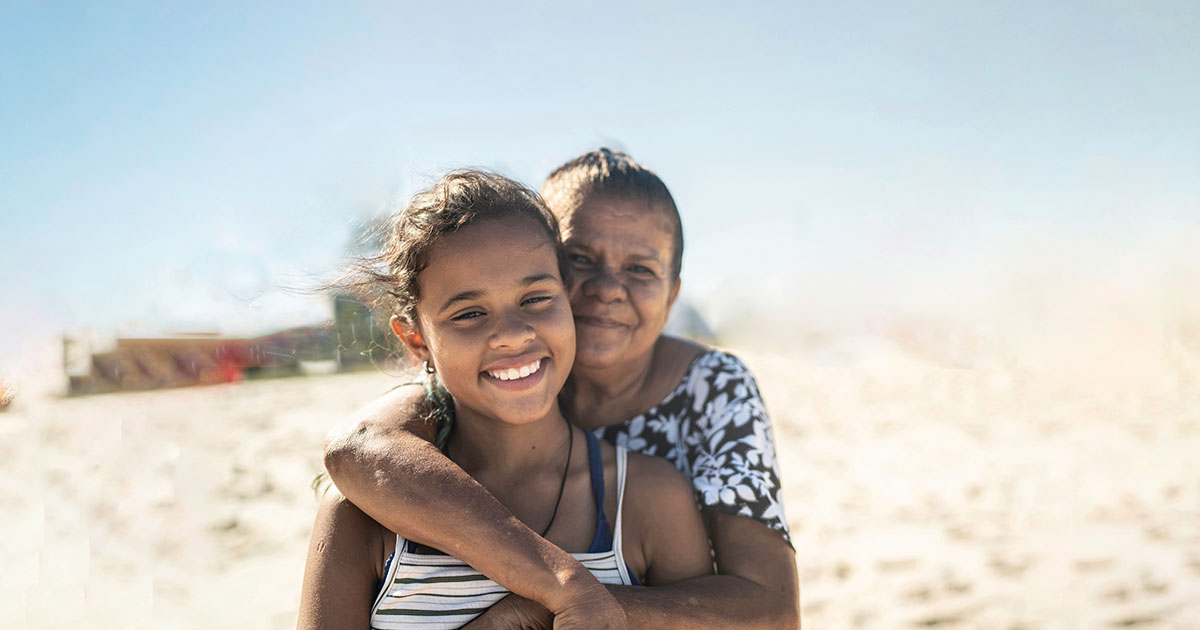We need more youth focused treatment services to tackle the national catastrophe of ice addiction
- Details
Imagine driving for weeks with your 17 year old son who is detoxing from methamphetamine.
He’s in pain and he’s taking it out on you. He’s volatile and he says he hates you. But you keep pushing on because this is quite possibly his last chance. And you are his mother, and you will stop at nothing to rid him of this addiction.
This was the journey made by a mother and her son.
The proud Queensland business owner was horrified to discover that her teenage son was addicted to ice. Over many years she watched her kind, social child turn into, in her own words, a monster.
She tried desperately to get him into detox and rehab in Queensland. But he always seemed to always miss out on a bed. Ultimately, she had to detox him at home, with help of a supportive GP and a friend.
Once he was detoxed, she then made a harrowing journey, driving him hundreds of miles to rural NSW in the hope he would be accepted into Mission Australia’s Triple Care Farm.
Triple Care Farm is a residential facility specifically for young people. It provides a holistic psychosocial rehabilitation program that caters for each student’s needs.
Her son spent 12 weeks there, it was a long road with a lot of heartbreak and frustration, but fortunately their story has a happy ending. That young man recently celebrated his 19th birthday. He is back with his family. He has a job and his future looks bright.
But not every young person is so lucky.
The use of ice is rising and consequently so are the social, mental, health and family issues facing Australia.
Last week (26 February), I spoke at the Eradicating Australia’s Ice Epidemic Forum where experts in the field of drug treatment and rehabilitation came together to discuss what is working and what needs to happen to fix this crippling issue.
The Government’s Ice taskforce recently reported that proportionally, Australia uses more methamphetamine than almost any other country and the numbers are growing.
Early intervention and a holistic treatment approach is essential for there to be significant positive change in the number of people overcoming addiction. And we simply have to improve access to this treatment.
We also desperately need youth specific facilities. Young people do not cope well in adult units. It’s not necessarily safe for them, and it exposes vulnerable young people to influences and factors that don’t support successful recovery.
For a coordinated system response and continuity of care it is not just our drug and alcohol workers who have to be trained and supported to work with ice users, but community service workers across the spectrum, as well as health, mental health and justice workers.
Ice is a drug that takes hold quickly. As the mother highlighted here will tell you, it doesn’t discriminate, and no one is immune. It will take all of our efforts to address it.

Catherine Yeomans
CEO Mission Australia
@cathyeomans
Related media releases
Read about what we’ve been working on, our stance on important social issues and how you make a difference to vulnerable Australians' lives.



